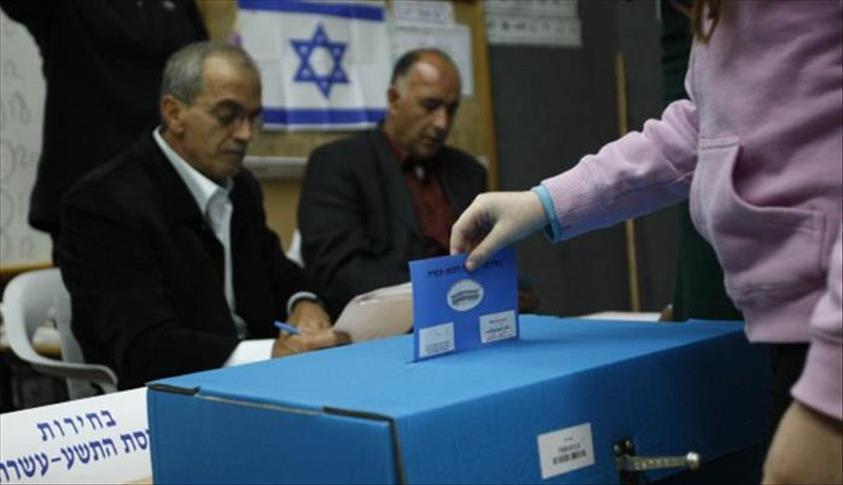October 30 was Israel’s local election day. More than six million people were eligible to vote, and the government provided a free day, with public services closed down. That meant that a large percentage of the population would be on holiday, after, perhaps, a few minutes waiting in line at their local poll.
A national vacation is accepted for national elections. This was an experiment to see if it works to increase participation in local polling.
Jerusalem’s vote was one of the most closely watched. Leading contenders included an ultra-Orthodox, a secular, and two Likudniks, each of whom claimed to have the support of the party leader, Bibi Netanyahu. If none get 40 percent of the vote, there would be a run-off election two weeks later between the two leading candidates.
Results are that one of the Likudniks, and the secular candidate will run against one another in that second election. The betting is on the Likudnik, who’ll be running with the help of ultra-Orthodox rabbis and the 30-40 percent of the vote that they control.
Tel Aviv was also an election to watch. The winning candidate was the incumbent, who has served for more than 20 years. Running against him was a former aide, who got tired of being number two.
A woman architect and urban planner upset the incumbent mayor of Haifa.
All of the candidates promised to serve the people. This was largely a personality contest and–in cases like Jerusalem–an opportunity for the ultra-Orthodox or one of their opponents to demonstrate some success.
It’s also an opportunity to get into the property development game. Several of the candidates are already under investigation or have convictions for selling their support to a property developer who needed their vote to carry a project through to approvals.
There’s been more attention on the US mid-term election.
Before the voting, guesses were that the Democrats would take the House, but not the Senate.
And with so much local input to Congressional races, the polls were not that clear as to how this was shaping up as a vote on Donald Trump.
And the results showed a bit of this and a bit of that.
Actually, the Democrats didn’t do as well as the non-presidential party usually has done in mid-term elections. In 2010, President Obama’s party lost 6 seats in the Senate and 63 in the House. Since 1862, the President’s party has lost an average of 32 House seats during the midterms. As a result of Tuesday’s elections, Democrats appeared poised to gain approximately two dozen seats in the House, while Republicans looked to gain one or two Senate seats.
Democrats won a bit more governorships than they had, but Republicans continue to control more state houses.
How much of these results show antipathy toward Trump is up for grabs. Moreover, there were lots of local issues, and results showing favoritism toward candidates rather than larger matters.
Some cases suggest an increase in nastiness toward Israel, but a grandson of a Palestinian terrorist lost a House seat in San Diego, against an incumbent already indicted for corruption. Moreover, the losing candidate has a Mexican mother, and has distanced himself from his grandfather.
And there was a general increase in support for Hispanic candidates, women, and young people, who may have no fixed concerns for Israel.
The run-off in Jerusalem’s local election is tomorrow. The two contenders are competing in their claims for having support from the Haredim, and they both may be right. There are Ashkenazim and Sephardim, and both are riven by competition between congregational rabbis. And some Haredim may ignore their rabbi’s assertions of how to vote.
So despite being the most obvious bloc in the city’s Jewish population, the Haredim do not control.
And the Arabs are even further from exercising what may come as a result of having some 35 percent of the total population. The vast majority of them refuse to vote, which they can do in local elections even if they are not citizens. They’re under pressure from Palestinian activists to show their disdain for Israeli control.
Yet polls have shown that a majority prefer things as they are, rather than becoming Palestinian.
All told, the municipal election may not count for much in a setting where Jerusalem is the national capital and treated as such by central government ministries. The city has had only one ultra-Orthodox mayor, and he left office under a cloud of corruption, along with his secular predecessor who left his position as Prime Minister under similar dealings.

























